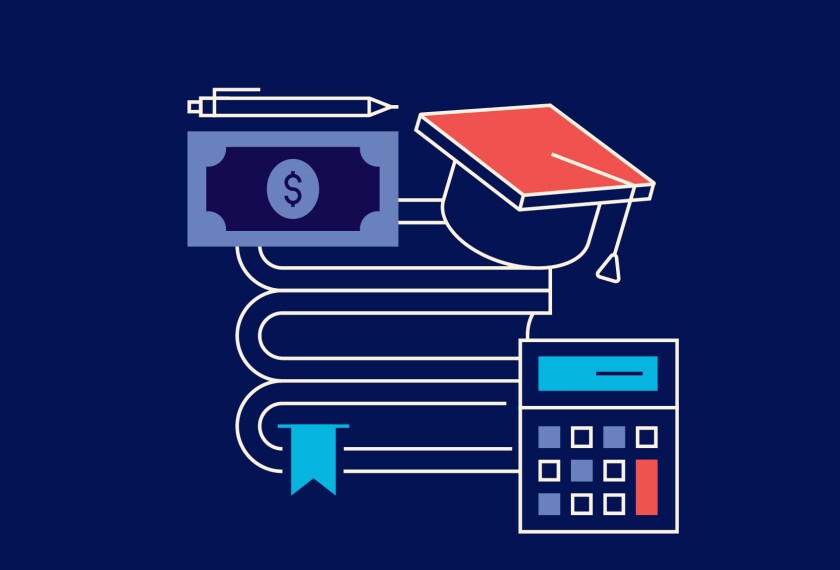Breaking with tradition, Gov. Jeanne Shaheen of New Hampshire has proposed the state’s first sales tax as a way to solve its long-running problems over how to pay for schools.
If approved by the legislature, the 2.5 percent sales tax could take effect in July 2002. It’s part of a broader plan that also calls for reducing a controversial statewide property tax, along with several other taxes, and for making schools more accountable for improving student achievement.
“The state must pay for an adequate education for every child,” Gov. Shaheen, a Democrat, said in a Feb. 7 speech announcing her plan at a Concord elementary school. “That is the law, and it is our duty to meet it.”
Noted for its stubborn anti-tax streak, the Granite State has struggled for more than a decade over how to pay for schools without instituting any new sales or income taxes.
The state’s most recent difficulties stem from a 1997 state supreme court ruling that declared its school funding system unfair and unconstitutional.
In the latest turn in that saga, a superior court judge ruled last month that the interim statewide property tax that replaced the old system was invalid, too, because some property owners were taxed at higher rates than others. (“Pressure Mounts for Overhauling Finance Systems,” Feb. 7, 2001.)
That ruling, which state officials appealed last week, called for the state to pay back $800 million in property taxes.
Urgency Mounts
The court’s action has heightened the growing sense of urgency among New Hampshire policymakers to find a permanent solution to the state’s funding crisis.
“We’re just very pleased there’s a comprehensive plan now on the table,” said Mark V. Joyce, the executive director of the New Hampshire School Administrators Association. He noted, however, that school leaders still have questions about the plan’s details, which are due out this week.
Business Groups Object
With her successful re-election bid last November, Ms. Shaheen became the first New Hampshire governor in 30 years to win without taking a pledge against new, broad-based taxes. But opponents had criticized the governor throughout the campaign for failing to offer her own plan for funding schools.
The governor said she was waiting for a report from a blue- ribbon panel she appointed last year to gauge the economic impact of different funding strategies. That report, released last month, suggested that a sales tax would have minimal impact on the state’s economy.
The Retail Merchants Association of New Hampshire disputes that view.
“If you enact a sales tax—no matter how small the percentage—businesses are going to close,” warned Nancy C. Kyle, the association’s president. She said 30 percent of the state’s retail sales are made to out-of-staters coming to New Hampshire to avoid taxes.
But the governor stressed that the proposed 2.5 percent sales tax would still be the lowest in New England, and that food, clothing, fuel, as well as prescription and over-the-counter drugs, would be exempt.
She also vowed to launch a one-year advertising campaign promoting New Hampshire as a retail destination.
With both houses of the state legislature under Republican control, observers said the going will be tough for the plan.
But Ms. Shaheen has assembled a bipartisan group of state representatives to sponsor her legislative package, and she emphasized the need to reach agreement this year.
“Putting off the hard choices until another year will not make this challenge go away or make it any easier to resolve,” the governor said.





